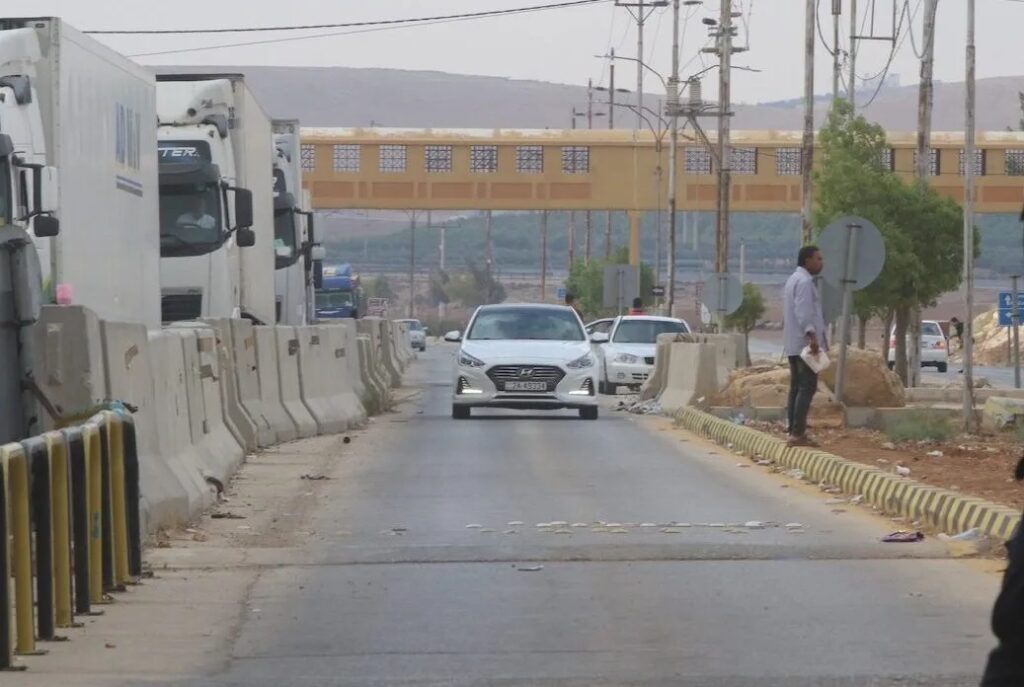05/06/2024
05/06/2024

JORDAN, June 5: Jordanian security forces have intercepted two attempts to smuggle millions of captagon pills through a border post to Saudi Arabia, marking the largest seizure of drugs bound for the Gulf markets in recent years. Officials revealed the foiled plots on Wednesday, highlighting the involvement of Syria-based gangs with alleged ties to Iran.
The massive haul of drugs was discovered concealed within a shipment of construction vehicles at the Omari crossing in Jordan's eastern desert, just before the consignment was set to enter Saudi Arabia, according to officials briefed on the matter.
Law enforcement agencies had been monitoring two separate operations over several weeks, tracking the consignment of drugs entering Jordan from the northern border with Syria. Unlike previous interventions made as drugs entered Jordan, authorities opted to seize the drugs as they transited through the country and were en route to their final destination.
Syria, plagued by conflict, has emerged as a major production center for captagon, an addictive amphetamine-type stimulant. Jordan serves as a critical transit route for smuggling these drugs into the lucrative Gulf markets, according to Western anti-narcotics officials.
Jordanian authorities, echoing sentiments from Western allies, allege that Hezbollah, backed by Iran, and pro-Iranian militias controlling southern Syria, are driving the surge in the multi-billion-dollar drugs and weapons trade. However, both Iran and Hezbollah deny these accusations.
United Nations experts and officials from the United States and Europe argue that proceeds from the illicit drug trade fund various pro-Iranian militias and Syrian pro-government paramilitary forces amidst the prolonged conflict in Syria.
In response to the escalating threats, Jordan's military has conducted pre-emptive airstrikes inside Syria targeting militias associated with the drug trade and their facilities. Jordanian officials assert that such actions are necessary to combat the rising cross-border incursions.
Despite efforts to collaborate with Syrian authorities and provide intelligence on drug dealers and smuggling routes, Jordan has expressed frustration with Damascus's perceived lack of action to curb the illicit trade.
Last month, Jordan's King Abdullah urged Arab states to address the growing incursions of drugs and weapons smugglers linked to Iranian militias in southern Syria. A senior Jordanian official, speaking anonymously, emphasized the need to confront these challenges and safeguard regional security and stability.
Jordan has also received additional military aid from the United States to enhance security along its 375-kilometer Syrian border. Washington's support, totaling hundreds of millions of dollars, aims to bolster border infrastructure since the onset of the Syrian conflict in 2011.


